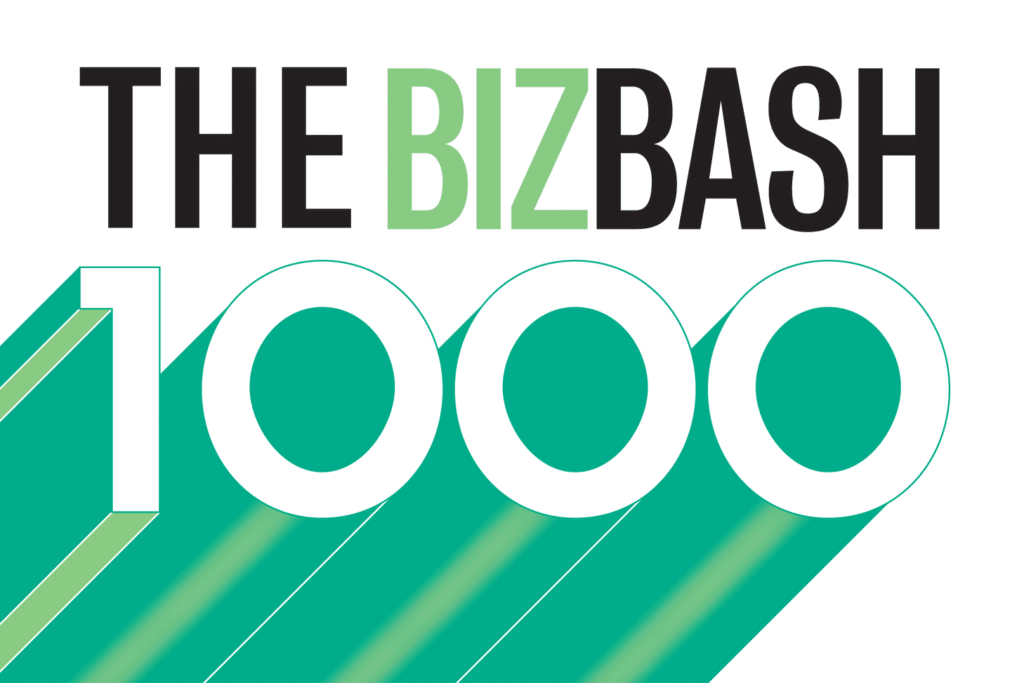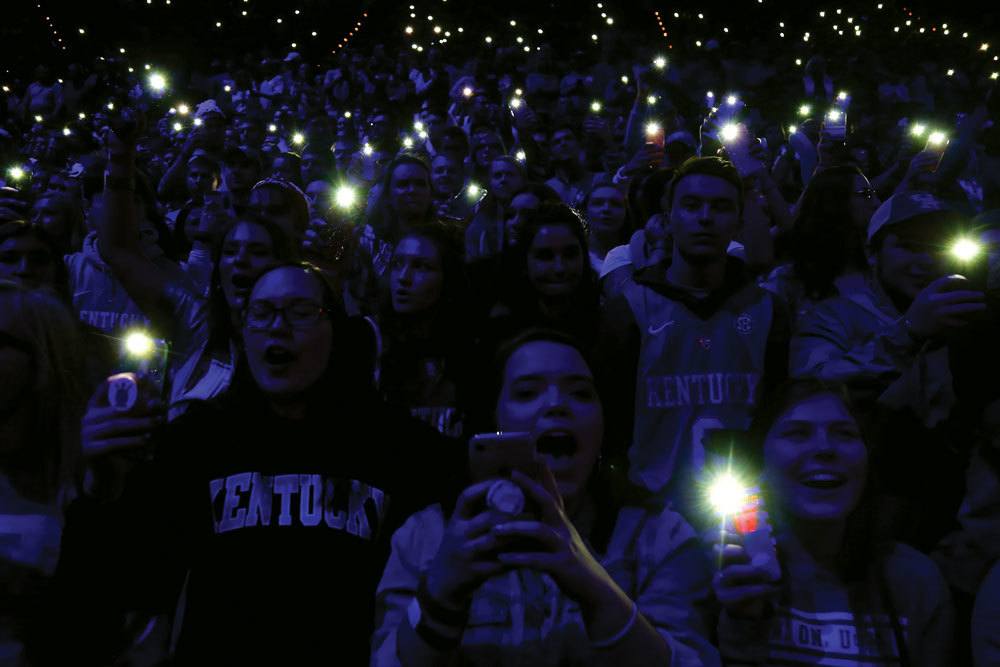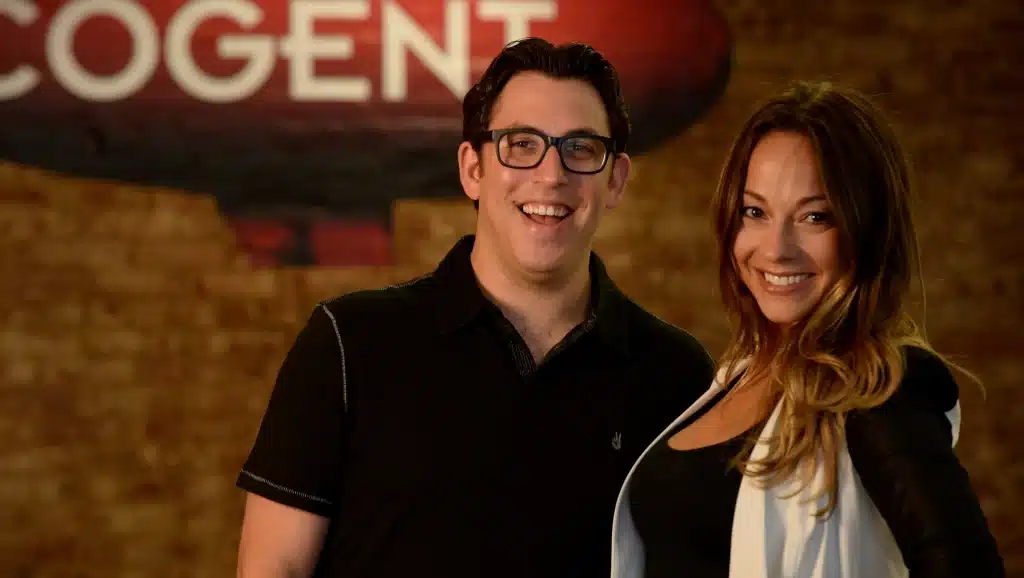Mark Zablow and Courtney Worthman were recently hired to overhaul an actress and model who gets a little too frisky online — copious cursing, a surfeit of sexual innuendo.
“Eighty percent of her fans love her realness, but her team realizes it prevents her from getting additional TV and film opportunities,” says Zablow, CEO of New York-based Cogent Entertainment Marketing.
“It’s never a dull moment with the Google alerts,” says Worthman, Cogent’s vice president of talent and marketing.
So Zablow and Worthman and their team of two dozen mostly 20-somethings gave their client a stern social media talking-to: “We don’t want you to change your voice, but we’d like you to listen. … We think the post is funny, too, but that can’t be up there. This one’s a little too far.”
She listened. “She still curses, but maybe those curses aren’t directed to somebody who upset her in a derogatory way,” Zablow says. And now she has two new shows.
Celebrities have long had robust teams of support: agents, lawyers, publicists, stylists, assistants and friends from the neighborhood. Enter the newest member of the Hollywood handler entourage: the social media manager, whose job it is to help stars expand their digital footprints without alienating fans, brands or studios.
The service — part hand-holding (sometimes literally, on the red carpet, say, or at a press junket), part finger-wagging — is “de rigueur now,” says Howard Bragman, vice chairman of Reputation.com. Over the past year, he brought on two full-time staffers to manage the digital demands of his company’s clients, who include Mario Lopez and Anna Kendrick. Since NFLer Michael Sam publicly came out as gay in February, he’s amassed the defensive end more than 160,000 Twitter followers. Another client, Chaz Bono, is particularly Twitter-savvy: “He gets it.” Likewise, former Real Housewives Camille Grammer and Adrienne Maloof.
“That’s almost part of being a Housewife, learning how to do social media well,” Bragman says.
“A lot of TV shows, before you book a show now, are looking at a client’s social media metrics,” he explains. “So if you don’t define yourself, they (that anonymous stew of haters and adorers) are going to be defining you, and that’s problematic.”
Handing off to experts
So stars are designating someone to take the virtual reins. Oftentimes, a celebrity “started participating in social media because someone told them to or because Ashton Kutcher did it,” says Luigi Picarazzi, president and CEO of 4-year-old, Los Angeles-based Digital Media Management.
His first client? The A-lister for whom he was once an assistant: Nicole Kidman. Now his 20-strong roster includes Elizabeth Banks, Vanessa Hudgens and Kate Walsh.
“It’s so necessary and so in demand because it affects their entire career, from studios demand to endorsement deals to charitable deals to, obviously and most importantly, how they connect to their fanbase,” Picarazzi says.
Not surprisingly, a star’s involvement in curating their cyberselves varies widely, from scripting their own tweets but having a social media manager post them at prime times to entrusting total Twitter, Instagram and Facebook control to the experts.
“It’s funny,” Zablow says. “I’ll have a celebrity sitting with a 23-year-old team member and the celebrity will look around: ‘A 23-year-old is going to manage my social media?’ We explain: ‘That 23-year-old has been on Facebook for 13 years.'” About 65% of his nearly 30-person staff is under 25, including a woman who wears a gold nameplate necklace — of her digital handle, complete with the “@” symbol.
“At the end of the day, nothing that gets posted is never seen by client beforehand,” says Picarazzi, who insists that most of his clients participate in some fashion. “There’s always a level of authenticity in that we’re making sure it is something they would say.”
Easing in with Facebook
For those who still, even in 2014 (or, perhaps, especially in 2014), are wary or even fearful of connecting with the mobile media masses, Picarazzi eases them in to the pixilated pool with (relatively) old-school Facebook.
“The interaction you have with fans is centered around a ‘like’ relationship,” he says. “In order to interact with your platform, I have to publicly like your page. It’s a public statement to friends and family that they like you. Oftentimes, that’s an extremely favorable interaction — sometimes too favorable. So it’s a lot safer” than trying your luck with Twitter trolls.
“Some have a great time engaging with fans,” Zablow says. “Unfortunately, some just can’t handle it. They get too engaged, they get too emotional and it just backfires on them.”
Zablow — who charges each of his 15 to 20 stars “a few thousand dollars a month” to, among other things, get all of their accounts looking professional, “not like you and your friend made them” — has had clients try to get digitally dirty. “We have talent who say, ‘Get me 1 million Twitter followers by the end of the month.’ You can buy fake followers, but we don’t recommend” it.
“Not to say there’s talent who don’t do that,” Zablow adds, “but we stay away from that.”


